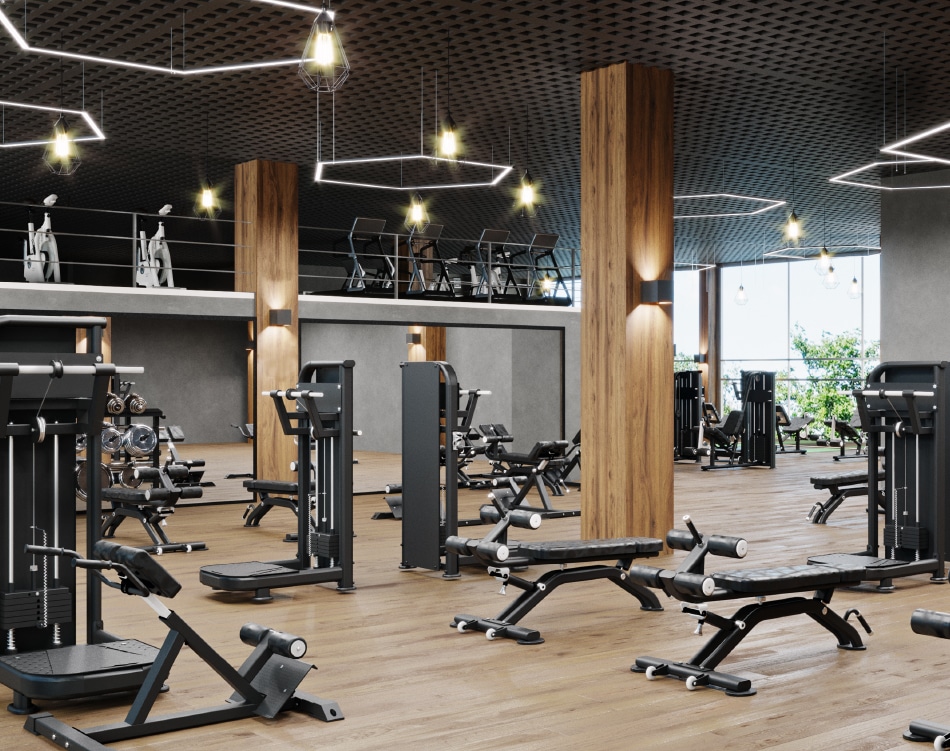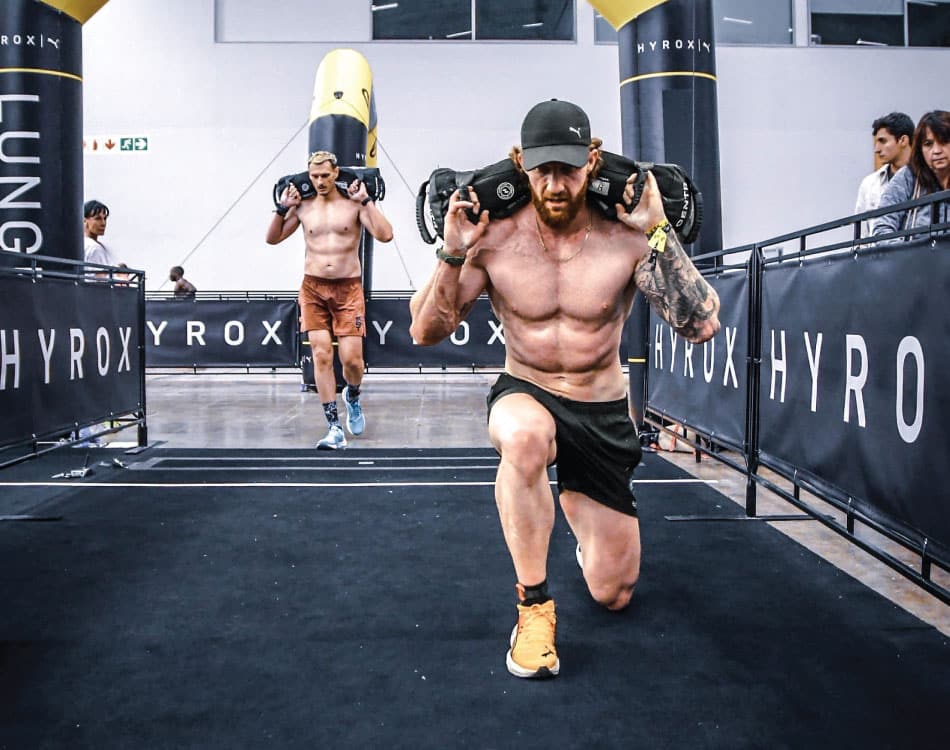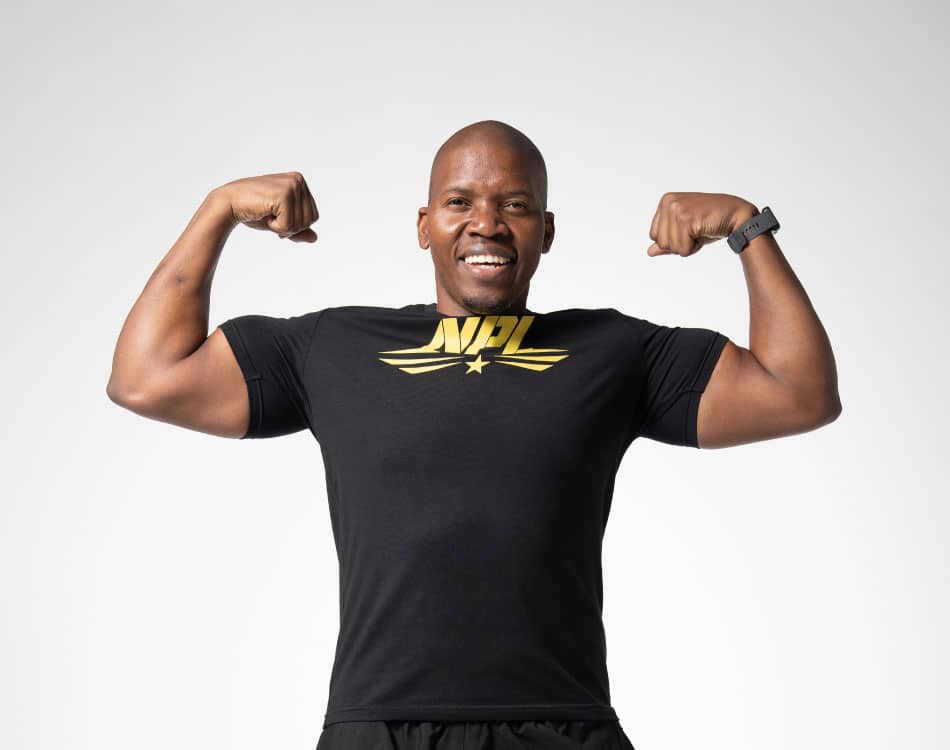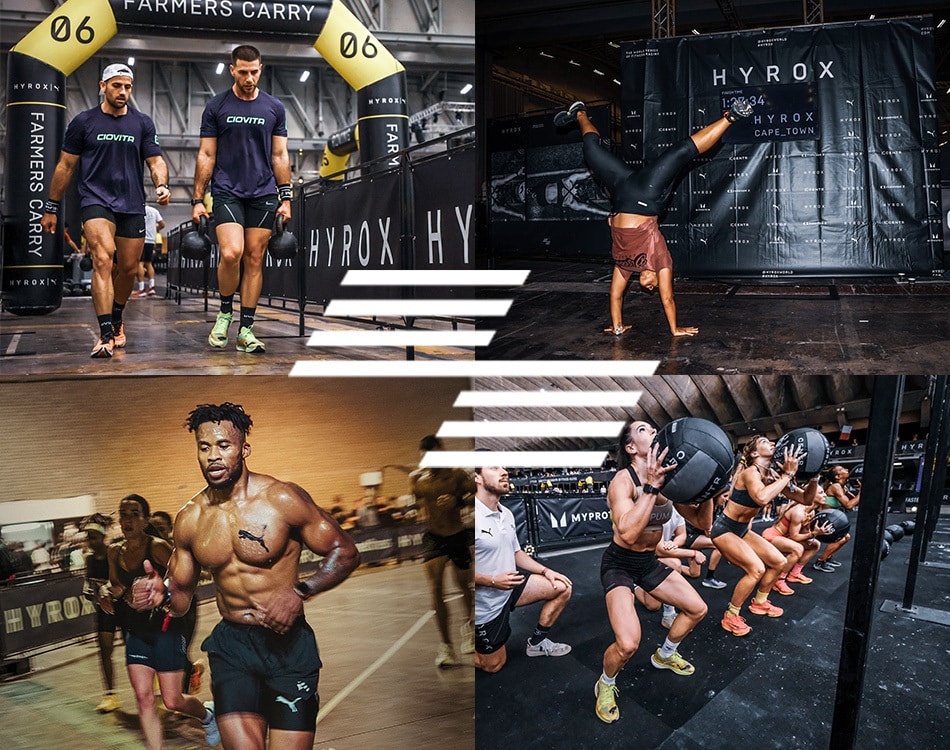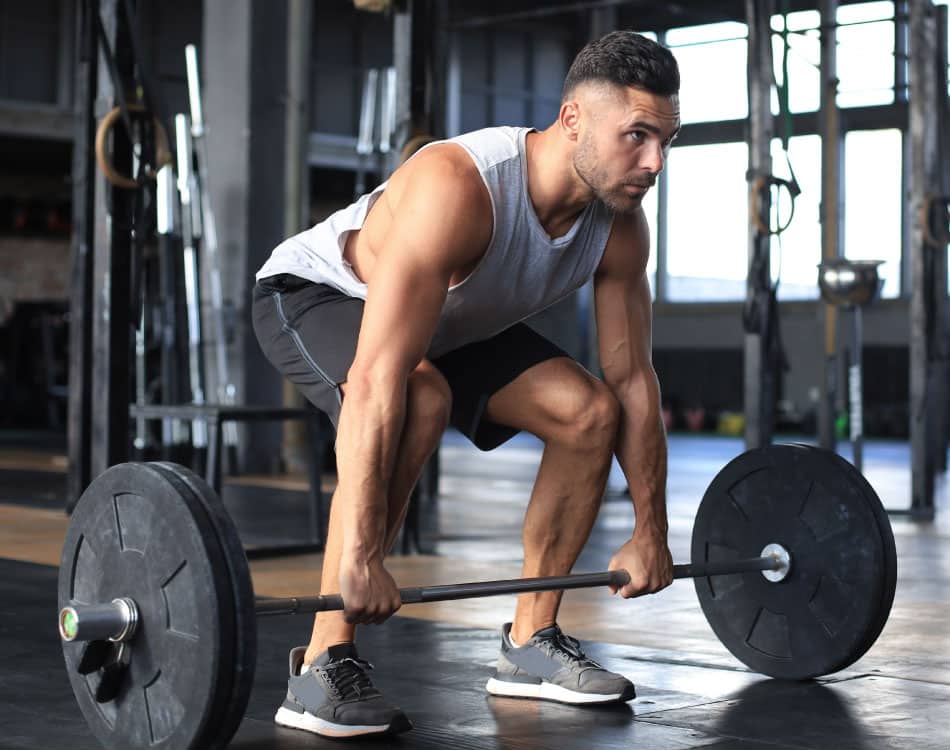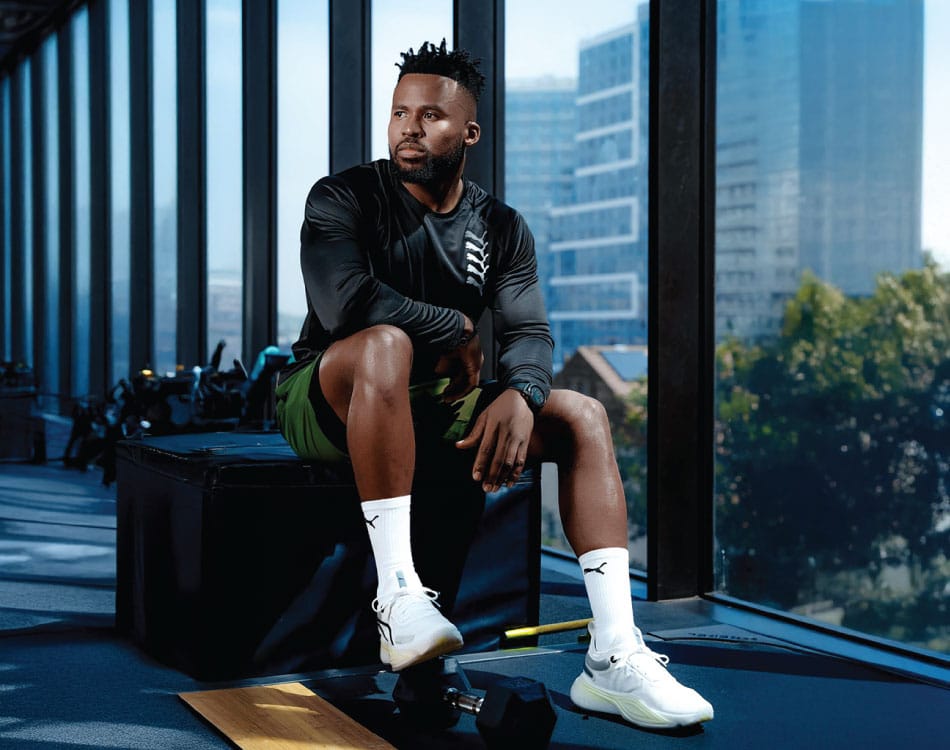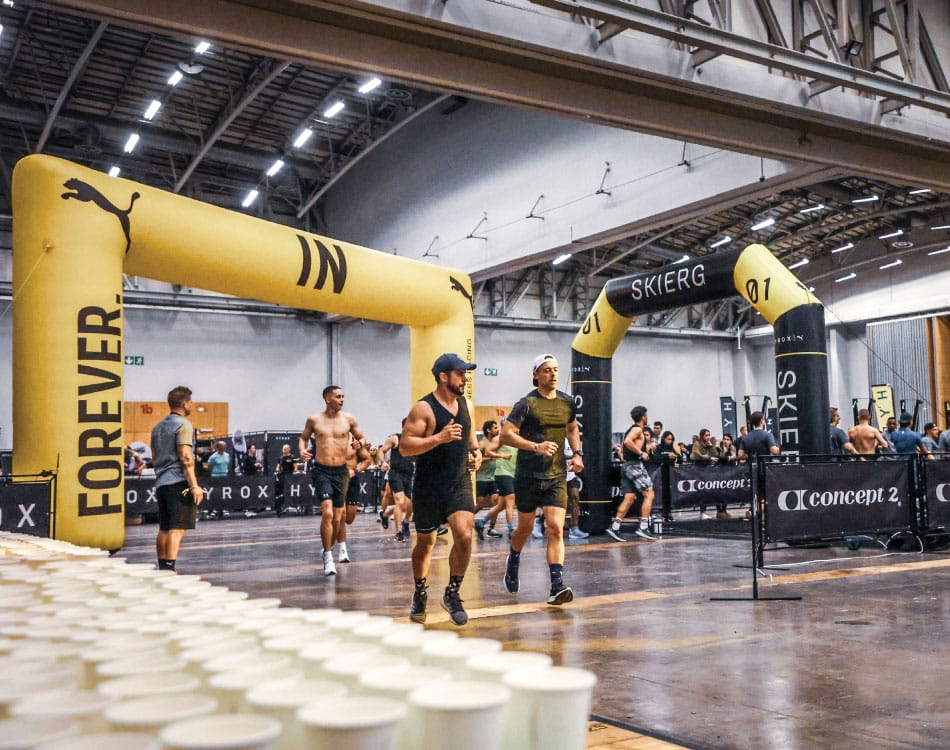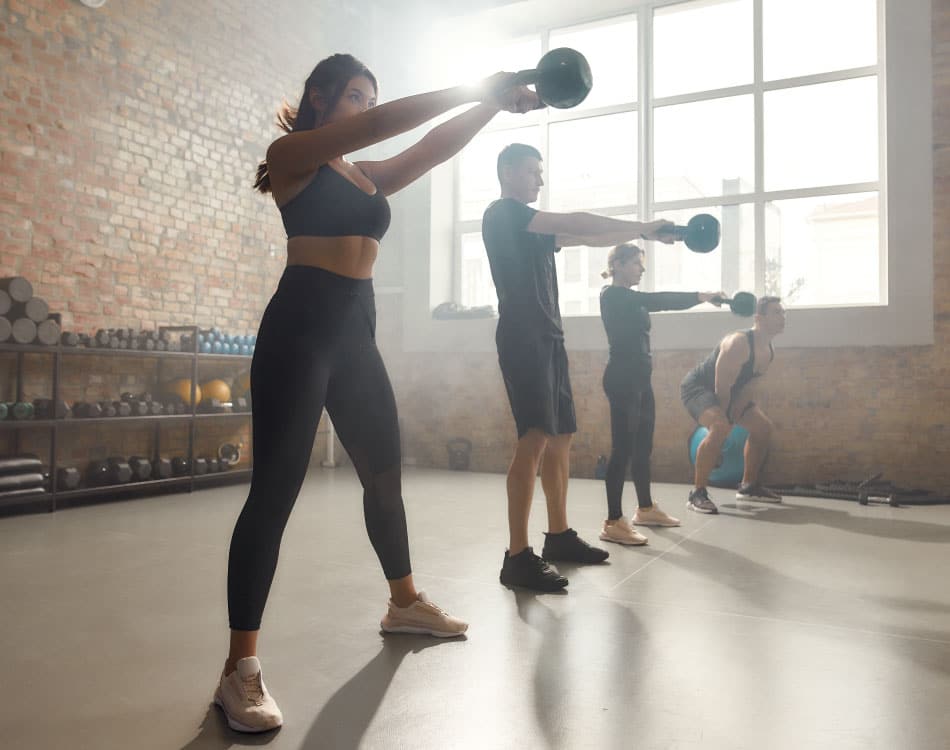Like any communal area where people share a contained space, there are a few gym etiquette guidelines we can all follow to make the gym a more enjoyable environment for all.
While most gym etiquette rules are based on common sense and would apply in any context, there are also a few unwritten gym rules that a newcomer may not know.
READ MORE | Know Your Gym Jargon With This Helpful Guide
The gym basics
Every gym or gym chain has their own set of rules that governs member conduct and behaviour in the facility.
-
Read the rules
As a contracted gym member, it’s your responsibility to know the facility’s rules and regulations and abide by them. They’re meant to ensure your safety and that of your fellow gym members, while also helping to create an enjoyable environment and experience for everyone.
-
Be mindful of your surroundings & fellow gym-goers
There’s a lot going on in a gym, especially over peak periods like before or after work on weekends or early weekend mornings.
It’s easy to tune out when you’ve got your headphones on or you’re engaged in your workout, but this can become dangerous if you’re not alert.
Be particularly mindful while traversing the free weights section as there are often dumbbells and weight plates on the ground, which can be tripping hazards.
-
Replace your weights
These potential tripping hazards wouldn’t be as prolific if more people put away their weights after use. And just because everyone else fails to do it shouldn’t justify your unwillingness to do the right thing.
Always place your dumbbells back in their designated (generally labelled) spot on the rack, unload your squat bar or leg press machine and place the weight plates back onto their pegs.
On that point, it is vital to learn how to safely unload bars. It is best to strip one plate at a time in an alternating fashion to maintain balance and prevent the bar from tipping.
Similar principles apply for stretching mats, stability balls, foam rollers and kettlebells. Everything has a place and should be put back where it belongs to make it easier for other patrons to find the equipment they want.
-
Don’t hog equipment
Performing giant sets using multiple moves and various pieces of equipment might keep your training interesting and effective, but when gyms are busy you may deny someone else the opportunity to complete their planned workout.
Keeping a bar, dumbbells and a bench aside and unused as you cycle through different exercise stations is certainly not acceptable gym etiquette. Reserve these workouts for quieter gym times or offer to share the equipment or exercise station.
-
If in doubt, always ask
If you find a piece of gym equipment you need and it is close to another gym member, be courteous and ask whether they’re using before picking it up. Assuming that an idle bench or machine is not in use can cause unnecessary acrimony.
-
Don’t arm curl in the squat rack
Certain sections are designed to accommodate specific exercises. The squat rack, for example, is specially designed to make it easier and safer to perform this compound exercise under heavy loads.
If gym members use the space for other exercises, it can inconvenience those who need these specific structures to perform their exercises effectively.
-
Don’t exceed the allocated time limits
Usage restrictions on cardio equipment are there to ensure every member is able to get an effective workout during peak periods. Exceeding these times is selfish and disrespectful to the rules and to the other gym members.
READ MORE | Set Yourself Up For Success In The Gym
Interpersonal priorities
Respect, empathy and a few basic courtesies go a long way to a communal environment like your local gym an enjoyable place for everyone, especially during peak times when members are packed into every available space, sweating it out alongside each other.
-
Respect personal spaces
When it gets busy, members often need to wait for a bench or piece of equipment. When doing so, don’t invade a person’s personal space while you wait for them to finish.
It’s intrusive and can be construed as passive-aggressive behaviour, which can spoil their workout experience. Simply let them know that you’d like to use the equipment when they’re done. That’s enough to let them know you’re next in line.
-
Don’t interrupt a session
Most people are at the gym to work out during their very limited spare time.
Unsolicited interruptions or attempts to strike up a conversation aren’t always welcome.
If you would like to engage another member, rather wait for them to finish their session and catch them on the way out.
-
Be discreet with gym selfies
Make sure you aren’t inadvertently including other gym members in your gym selfies, and don’t intrude into someone else’s space while you take a pic. And don’t waste time on equipment while taking selfie snaps, especially if you know that other people are waiting to use it.
-
Maintain focus
Sitting on your phone to check social media or message your friends is not the best use of your gym time, especially when it means you take longer to finish your sets or move on to the next piece of equipment.
Keep the phone engagements for after your session, but if you must take a call, keep your voice down and don’t disturb others.
-
Keep it down
While grinding out heavy deadlifts certainly takes a Herculean effort, the spin class in the studio across the gym floor doesn’t need to know about it.
So keep the grunting and vocalising to a minimum, if you can. The same goes for throwing weights around. The banging and crashing is unnecessary and is often disruptive for other members.
And skip the workout playlist singalongs. Not everyone shares your taste in music and your signing abilities might not meet their standards.
- Don’t offer or accept unsolicited advice
The gym is a hive of experienced lifters, athletes and competitive bodybuilders. While a tip on how to improve your form and fix a mistake is always welcome, don’t offer unsolicited and unqualified advice to everyone. And if anyone crosses the boundary in this regard, don’t entertain their advance. Rather seek advice from your gym’s resident trained and qualified fitness professional.

